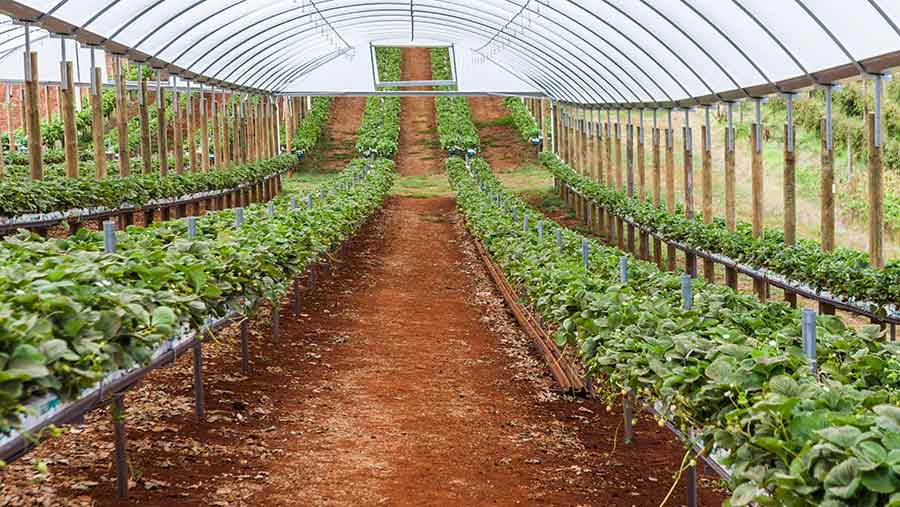Farming left out of Energy Bill Discount Scheme
 © Greg Brave/Adobe Stock
© Greg Brave/Adobe Stock Farm businesses are at risk of higher energy tariffs and not receiving the same discounts as some other industries.
Agriculture is expected to not be classified as a high-energy sector as part of the Energy Bills Discount Scheme announced by the government this week.
The scheme will follow on from the current Energy Bill Relief Scheme and will run from 1 April 2023 to 31 March 2024.
See also: Energy support scheme: The details for farm businesses
It is designed to reduce wholesale gas and electricity prices for non-domestic customers.
If farming is not classified as a high-energy business sector, as seems likely, farm businesses will still be eligible for discounts of £19.61/MWh for electricity up to a price threshold of £302/MWh, while gas will receive a discount of £6.97/MWh with a price threshold of £107/MWh.
However, businesses such as food processors, which are expected to be classed as high-energy businesses, will receive a discount of £89/MWh for electricity with a price threshold of £185/MWh, and £40/MWh for gas up to a price threshold of £99/MWh.
Industry reaction
NFU president Minette Batters welcomed some of the details announced, but said she was extremely disappointed that primary food production had been overlooked, especially in relation to horticulture and poultry.
Ms Batters said: “The omission of horticulture is particularly regrettable, with energy prices already threatening next year’s crop of tomatoes, cucumbers and aubergines. It seems at odds with the government’s ambition to grow more fruit and vegetables as set out in the National Food Strategy.”
NFU Scotland president Martin Kennedy said: “Having farmers and crofters potentially missing out on the highest level of support with electricity prices beyond March has the potential to further undermine the nation’s ability to produce its own food.
“Support at processing and manufacturing level for electricity costs is most welcome, but unless you back that up with the same level of support at farm level, then providing the raw materials for our processing and manufacturing sectors will further decline.”
